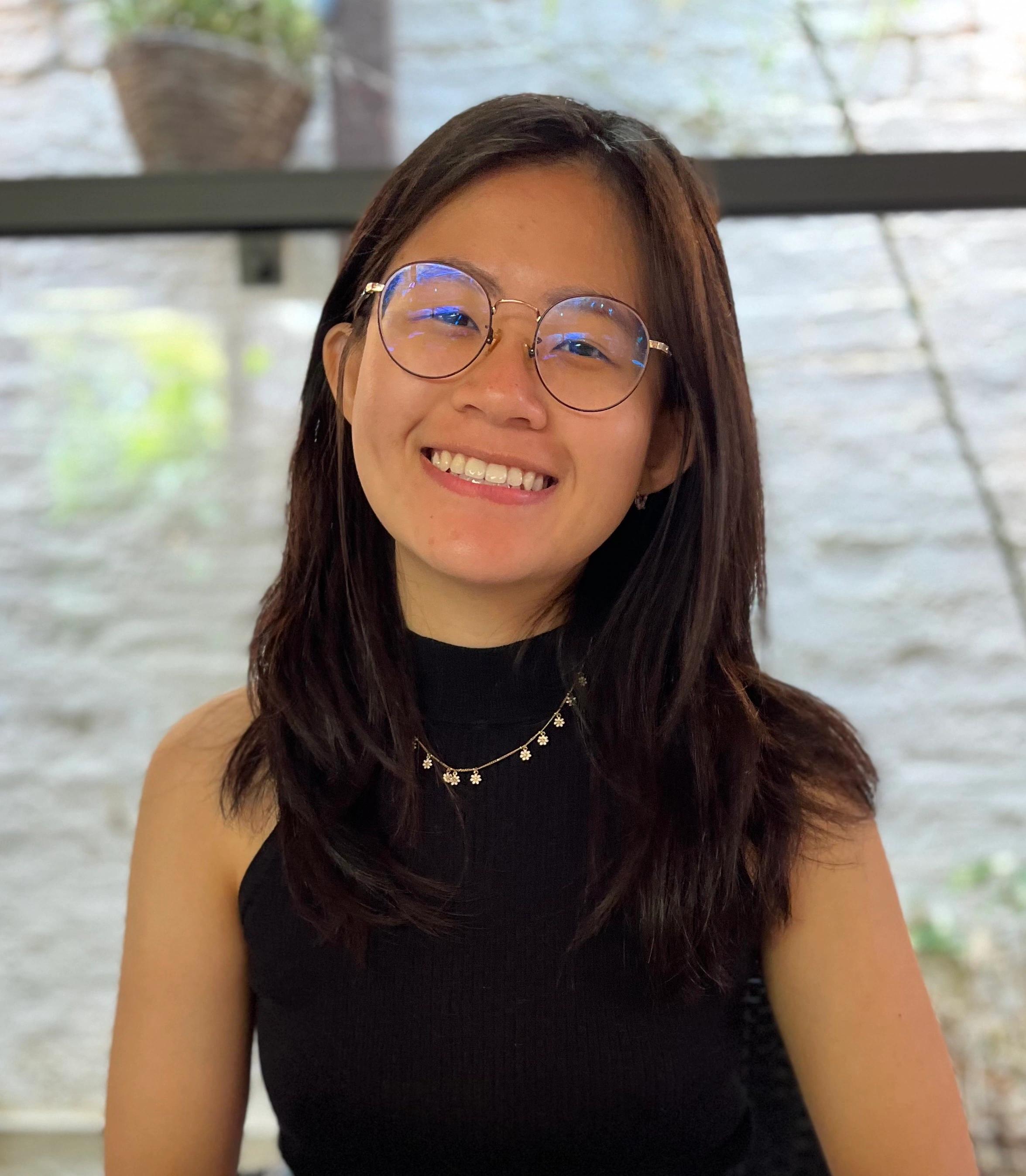University of Cambridge Graduate Scientist Wins Darlene Solomon Award
Joycelyn Tan, a PhD candidate at the University of Cambridge, in the U.K., is the 2024 recipient of the Darlene Solomon Award (1). The award, which is co-sponsored by Females in Mass Spectrometry (FeMS) and Agilent Technologies, was created to promote mass spectrometry (MS) and provide financial support for up-and-coming women scientists working in the field.
Joycelyn Tan | Image Credit: © Agilent Technologies, Inc. - https://www.agilent.com/about/newsroom/presrel/2024/14mar-ca24005.html

“The future capacities of mass spectrometry-based technologies are extremely exciting,” Tan said in a press release. “I look forward to the opportunity to learn more about current lipidomic implementations across research fields, and new technical developments at iSLS12.”
As part of the award, Tan traveled to the iSLS12 - 12th International Singapore Lipid Symposium, which was held March 5–8, 2024 at the National University of Singapore. Tan is a member of the Daniel John Fazakerley research group at Cambridge, which is dedicated to understanding the mechanisms behind obesity and related metabolic diseases. Specifically, her research focuses on culture conditions, such as oxygen tension and medium nutrient composition, and how they can alter the metabolism and functions of various metabolic cell types. The team’s research focuses on identifying culture conditions that can better mimic in vivo environments.
Candidates for the award include scientists who focus their research on lipidomics, systems biology, and clinical research. The goal of the award is to gain more exposure to industry-leading technologies. Previous winners include Kathryn Wolhunter of Victor Chang Cardivascular Institute in 2023, Federica Fiorini of the Institut de Biologie et Pathologie in 2022, and Noemi Jiménez-Rojo of the University of Geneva in 2021 (2).
“Agilent is committed to fostering an atmosphere where female scientists can flourish and serve as role models to others,” said Ken Suzuki, vice president and general manager of Agilent’s Mass Spectrometry Division (1). “We congratulate Ms. Tan on receiving this prestigious award and wish her all the best in her future endeavors.”
The Darlene Solomon Award is one of many awards that is meant to honor the next generation of analytical chemists. Other notable award winners so far this year include Katelyn Michael of the University of Wisconsin winning the 2024 Metrohm USA Young Chemist Award and Michael Marty of the University of Arizona winning the 2024 Pittcon Achievement Award. These awards and more are dedicated to acknowledging the work new analytical chemists put into their fields, for their work helps further our understandings on different parts of the world.
References
(1) Agilent Presents 2024 Darlene Solomon Award to University of Cambridge Researcher Joycelyn Tan. Agilent Technologies, Inc. 2024. https://www.agilent.com/about/newsroom/presrel/2024/14mar-ca24005.html (accessed 2024-3-22)
(2) Darlene Solomon Award. Females in Mass Spectrometry 2024. https://femalesinms.com/darlene-solomon-award/ (accessed 2024-3-22)

.png&w=3840&q=75)

.png&w=3840&q=75)



.png&w=3840&q=75)



.png&w=3840&q=75)



